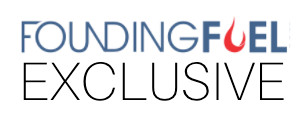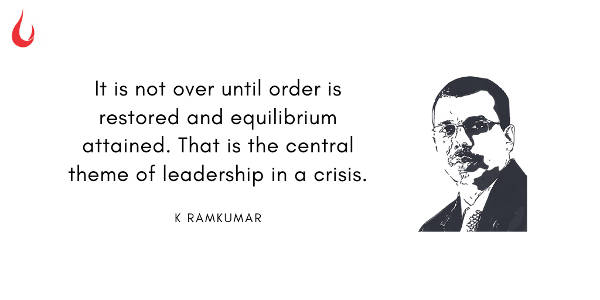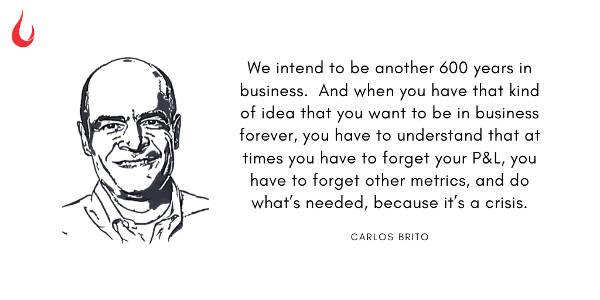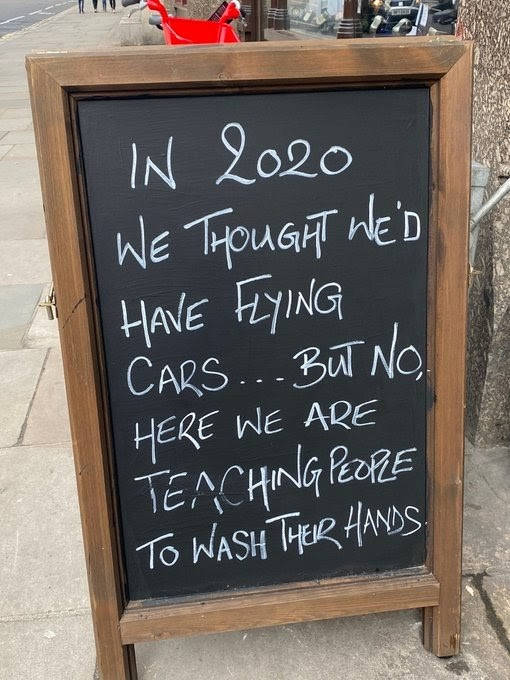[Photo by Steve Harvey on Unsplash]
Good morning,
In Creating Minds Howard Gardner, who is best known for his theory of multiple intelligences, has this interesting nugget about Albert Einstein. He writes:
“Einstein was remarkable for his powers of concentration; he could work uninterruptedly for hours and even days on the same problem. Some of the topics that interested him remained on his mind for decades. For relaxation, he turned to music and to sailing, but often his work would continue during these moments as well; he usually had a notebook in his pocket so that he could jot down any idea that came to him. Once, after the theory of relativity had been put forth, he confessed to his colleague Wolfgang Pauli, ‘For the rest of my life I want to reflect on what light is.’ ”
Gardner's point is not just about the ability to concentrate. It's also about choosing what to concentrate on. A few lines down, he calls attention to this famous quote by Einstein:
“In physics, however, I soon learned to scent out that which was able to lead to fundamentals and to turn aside from everything else, from the multitude of things that clutter up the mind and divert it from the essential.”
The lesson for us is clear: pick what's important, and then focus.
Here are three things we found interesting.
Take responsibility

In his latest Founding Fuel essay, Lessons in crisis leadership from four stories of survival, K Ramkumar, Founder and CEO, Leadership Centre, shares a story from his ICICI Bank days.
“At ICICI Bank, KV Kamath retired six months after we contained the 2008 run on the bank. But we were not out of the woods yet. In mid-April 2009, Kamath called me and told me, ‘Ram, I take full responsibility and accountability for the crisis. Tell the board that I will not take any pay rise or even a single stock option. I leave it to you, the senior leadership, on what you want to do.’ We all followed suit and did not take a pay rise, bonus or stock option that year. Kamath was of the firm view that when the shareholders had seen an erosion in value, we, their custodians, should not seek to harvest value. Remember, we all had many more years to go and make up for it, but for Kamath it was his last year. He put the shareholders ahead of himself. That is taking full responsibility and accountability in a crisis.”

Dig Deeper
Read the full story for more lessons, insights and examples
Build scenarios
In a podcast with HBR, Carlos Brito, the CEO of Anheuser-Busch InBev, the world's largest brewer, shares how the company is responding to the coronavirus pandemic.

Brito says, “What we do always is that we try to focus on the things we can control, you know, and for the things we cannot control like I think most companies, we have scenarios and trigger points. Right? So we have scenarios, for example, now everybody’s talking about the V-shaped recovery, a U or an L. So we also have scenarios for different markets, because different markets will recover at different speeds. And so we have V, U, L scenarios, and we have clear trigger points that will trigger different action plans. So, for example, if countries start reopening, and bars and restaurants are only 50% back, that triggers a whole set of actions. If 100% of the restaurants come back, but they are only with 50% occupancy, how can we help them stay in business? That triggers another set of actions. So for things we control, we know what to do. For things we don’t control, we have scenarios and trigger points.”
Dig Deeper
- Listen to the podcast / Read the transcript
- How To Build Scenarios by Lawrence Wilkinson
Reset expectations

(Via WhatsApp)
What was your vision for 2020? Share it with us. Or share it on Twitter, tagging @foundingf. Or head to our Slack channel..
And if you missed previous editions of this newsletter, they’re all archived here.
Bookmark Founding Fuel’s special section on Thriving in Volatile Times. All our stories on how individuals and businesses are responding to the pandemic until now are posted there.
Warm regards,
Team Founding Fuel


